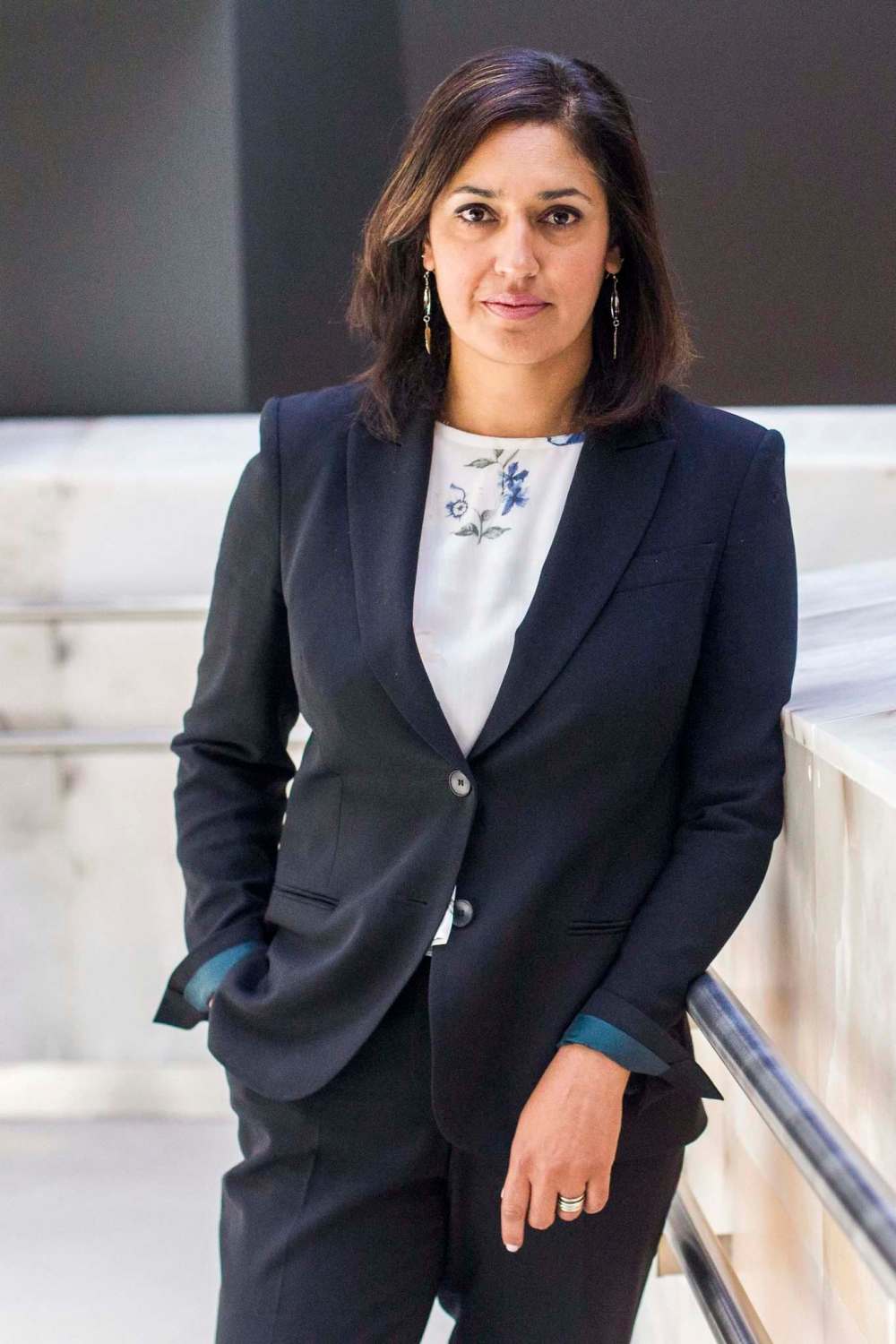Sound advice regarding rights complaints
Read this article for free:
or
Already have an account? Log in here »
To continue reading, please subscribe:
Monthly Digital Subscription
$0 for the first 4 weeks*
- Enjoy unlimited reading on winnipegfreepress.com
- Read the E-Edition, our digital replica newspaper
- Access News Break, our award-winning app
- Play interactive puzzles
*No charge for 4 weeks then price increases to the regular rate of $19.00 plus GST every four weeks. Offer available to new and qualified returning subscribers only. Cancel any time.
Monthly Digital Subscription
$4.75/week*
- Enjoy unlimited reading on winnipegfreepress.com
- Read the E-Edition, our digital replica newspaper
- Access News Break, our award-winning app
- Play interactive puzzles
*Billed as $19 plus GST every four weeks. Cancel any time.
To continue reading, please subscribe:
Add Free Press access to your Brandon Sun subscription for only an additional
$1 for the first 4 weeks*
*Your next subscription payment will increase by $1.00 and you will be charged $16.99 plus GST for four weeks. After four weeks, your payment will increase to $23.99 plus GST every four weeks.
Read unlimited articles for free today:
or
Already have an account? Log in here »
Hey there, time traveller!
This article was published 05/08/2021 (1592 days ago), so information in it may no longer be current.
As the province that hosts an institution with a website that states, “Welcome to the only museum entirely devoted to human rights for all,” the expectations for Manitoba are high. Namely, we had better practise what our museum preaches.
To do otherwise, such as by shrugging off allegations of human-rights violations occurring in Manitoba, would make this province a decidedly hypocritical home for the Canadian Museum of Human Rights.
It’s also an extra reason to listen carefully as many Manitobans who remain unvaccinated against COVID-19 say their human rights are violated. Specifically, they say they are being denied privileges that are allowed to the roughly 70 per cent of eligible Manitobans who can request a QR code testifying to their full immunization.
This complaint by unvaccinated people is heard often by the rights museum’s CEO, Isha Khan. Her position atop an institution that specializes in human rights equips her to offer a well-informed opinion. In a statement published last week on the museum’s Facebook page, she outlined human-right principles that address many thorny questions about the rights of unvaccinated people who are being denied admittance to many public and private establishments.
Under new rules that take effect Saturday, places where patrons must be full immunized include casinos, bingo halls, horse and auto racing, and professional sports such as Goldeyes and Blue Bombers games. No proof of immunization, no admission.
The vaccination double-shot is not mandated, however, for entry to many other public places and privately-owned locations, including some restaurants, churches and businesses such as grocery stores (though such enterprises are allowed to establish their own policies).
It was an issue at city council last week when councillors debated whether to restrict entry to city facilities to people who are fully vaccinated. There was no decision, so unvaccinated people will still be allowed in city hall, municipal pools, libraries and recreation centres. No one will ask, so visitors need not tell.
Before COVID-19, it would have seemed outrageous to bar Manitobans from public spaces if they couldn’t provide proof of a certain medical procedure. But the communal effort to stop the spread has provoked social debates, including the tension between the rights of individuals not to get immunized versus the rights of the community to be protected from unvaccinated people who are a greater risk of spreading COVID-19 variants.

In forums that have included anti-vaccination rallies filled with placards and angry chants, some people have insisted their human rights are being violated.
That’s likely not so, according to Ms. Khan, who, in addition to holding the CMHR’s top job, has a background in human-rights law. She wrote: “…discrimination is specifically defined in those laws as treating people differently on the basis of these characteristics that really go to the root of who we are as a human being.” Those characteristics include ethnic origin, sexual orientation, age, religious belief, gender identity and disability. Choosing not to be vaccinated does not amount to a core human characteristic, and thereby does not meet the legal threshold for discrimination, she said.
It’s useful guidance for private and public facilities considering whether to ban unvaccinated people, while still hoping to remain on the right side of human-rights laws.
Manitoba is fortunate to have a museum and museum staff qualified to inform the public about what constitutes a human-right violation. Or, in this case, to inform the public about what is not.






